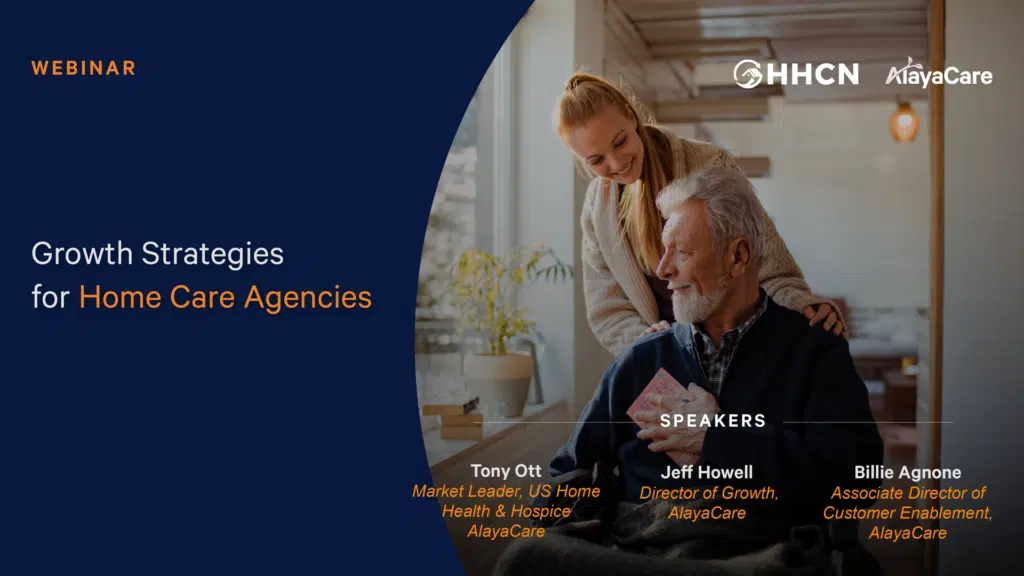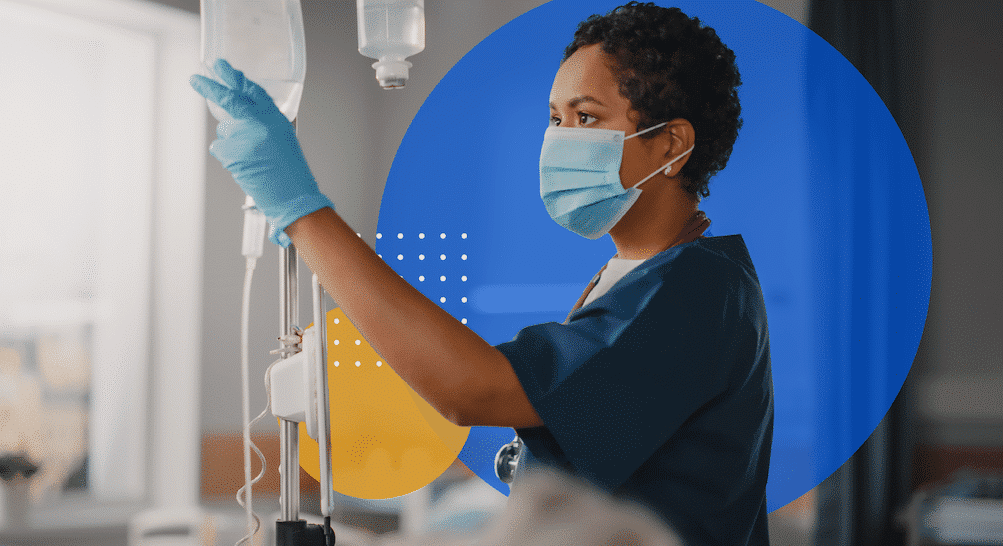Blog
A Window on the Future of Home Care Market: Implications for the Mandatory use of Electronic Visit Verification (EVV)

A window of opportunity has arrived.
Section 12006 of the Obama administration’s 21st Century CURES Act ushered in what most in the home care services industry expected: measures to corral unchecked and sometimes fraudulent billing practices to Medicaid. That came largely in the form of one newly mandatory requirement: Electronic Visit Verification (EVV), which allows for digital check-ins via software apps or devices for home care visits.
Signed into law two weeks before Christmas 2016, the CURES bill gives all states until 2019 and 2023 for personal and home care services respectively to implement EVV solutions without facing reductions in Medicaid support.
This is the window of opportunity. Because for the nation’s home care businesses, it’s not about reigning in fraudulent claims: it’s about thriving in a digital world where efficiencies mean not only transparent point-of-care documentation, but easier access to information, streamlined workflows and better patient care.
Technology now at the forefront of home health care
The newly updated CURES legislation has clear implications for Medicaid and Private Duty agencies.
While it doesn’t expand telehealth to a significant degree, it implies that technology is top of mind. To that end, the bill requires the Centers for Medicare & Medicaid Services to identify which patient populations could see improved quality and efficient care via expanded telehealth services, report on telehealth demonstration projects underway, document how Medicare may be blocking success, and predict where telehealth can have the greatest impact.
While the bill takes that long look, its immediate move is to have home care agencies implement EVV so their services can be better scrutinized. This means all visits by health-care practitioners must be electronically recorded: date, time, location.
The onus is on each state to work out how to implement such technology. That may be left up to the provider or a state-run EVV system if one is established – though a one-size-fits-all approach will likely be opposed by the National Association for Home Care & Hospice.
The core EVV options for our industry are telephony (i.e. landlines), a digital device in the home, or caregiver mobile apps. Since landlines are in their twilight years, that realistically leaves the two digital options for verifying visits by nurses and other aides.
Seizing the window of opportunity
This has ushered in the opportunity for agencies to modernize and standardize operations. Technology is no longer the way of the future but a necessity of today, paving the way to improved patient outcomes.
Deciding which technology is right for your agency can go far beyond simply covering the newfound government requirements. EVV is just one element of a full-suite telehealth solution, and implementing a more robust solution can set your agency up for success now and in the future. To that end, EVV is the road into full mobile health management and remote patient monitoring, all while enhancing an agency’s operations.
GPS-based mobile care management systems that provide top-level accountability, convenience, real-time verification and increased compliance offer superior flexibility over in-home devices for several reasons, including:
- Accurate tracking and monitoring of worker location and length of visits, eliminating the need for paper timesheets, reducing human error and saving time
- Real-time schedule changes at the point of care, with any visit details accessible and verifiable immediately
- Alerts to notify staff of delayed or missed visits, allowing for quick response to any scheduling issues, which may result in substantial cost savings
Overall, GPS-enabled mobile EVV technology ensures caregiver accountability, accurate billing practices, and more efficient point of care documentation – and when this technology is paired with existing home care software incorporating scheduling, billing and administration, it bolsters the underlying business model.
AlayaCare: a reliable solution for the home health market
At AlayaCare, our mission is to equip home care agencies with the tools needed to effectively run their business and advanced technology to deliver better outcomes in a rapidly changing health-care landscape.
Our revolutionary home care software platform solves current compliance issues and is flexible enough to adapt to any direction technology – and legislation – heads. We fold EVV into a full cloud-based, end-to-end solution that spans clinical documentation, back office functionality, client and family portals, remote patient monitoring, a mobile care worker app, and more.
AlayaCare is growing right along with the changes that this market faces – changes that we view as windows of opportunity. Book a free demo today to see how we can help empower and safeguard your business into the future.



